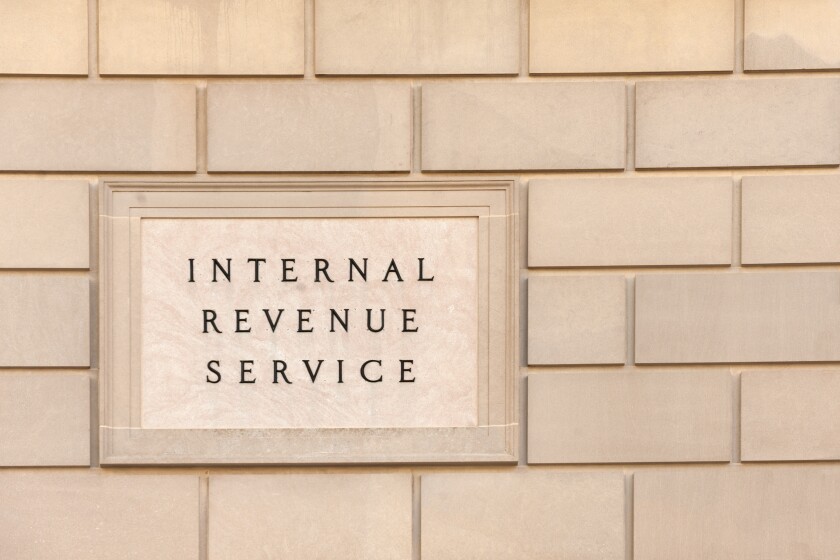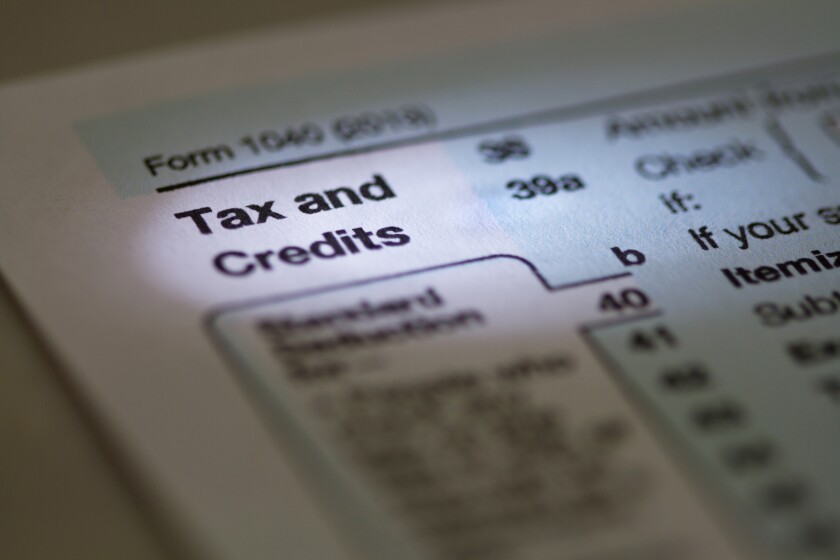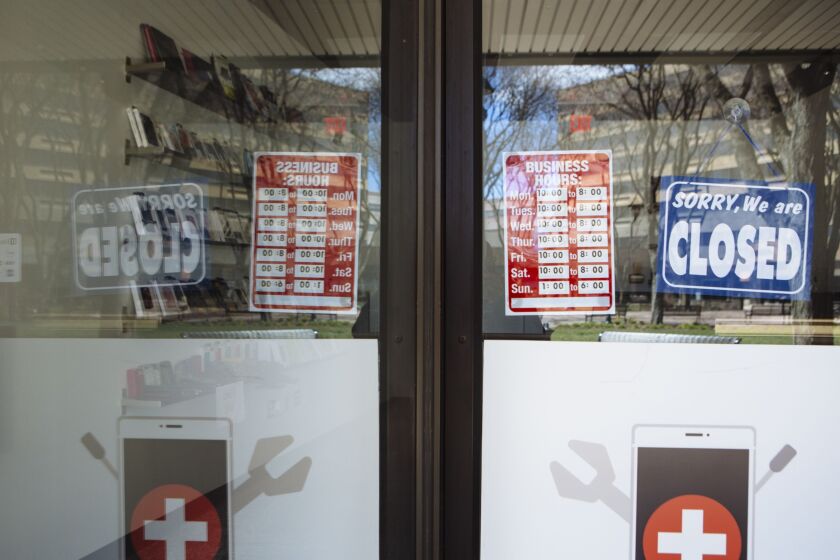Appraising, selling real estate and building have gotten a whole lot more complicated with social distancing measures related to the coronavirus in place, even with government-related entities striving to accommodate it.
But they are finding ways.
Clear Capital, a valuations and technology vendor based in the Reno, Nev., area, will offer free automation starting this week based on temporary guidance the government-sponsored enterprises have for this use.
By working with consumers willing to use their mobile devices, the technology aims to help lenders, appraisers, and appraisal management companies capture images of home exteriors and interiors.
"Most people have a smart phone with a good camera so this is the lowest-friction way to do this right now," said Kenon Chen, executive vice president at Clear Capital.
The appraisal industry had been working on more advanced alternatives, but getting consumers broadly outfitted with the technology and know-how to, for example, provide 360-degree scans that equate to a virtual walk-through may take time to develop.
"We may be on a stepping stone to that new reality," Chen said.
Some real estate agents also try to work with consumers to find safe ways to share information about the inside of the home while still following guidance from local trade associations and government directives that ended inspections, open houses and other in-person home shopping activities.
"A lot of them are creating digital tours of the property," said Kyle Kamrooz, co-founder of mortgage technology provider Cloudvirga in Irvine, Calif.
The Internal Revenue Service’s Criminal Investigation Division issued a warning Thursday about a new wave of COVID-19 scams tied to the latest round of stimulus payments, especially targeting taxpayers in the District of Columbia.
Last month's COVID-19 relief bill has accountants recommending some deductions to clients, and wondering about the applicability of others.
The U.S. Small Business Administration plans to reopen the Paycheck Protection Program to small lenders on Friday and to all lenders next Tuesday.
There have even been allowances made for contracts in place to be cancelled for coronavirus-related contingencies, so some sales are falling through, he noted. It could be new homes without occupants may sell faster if the health risks are considered lower, but it remains to be seen.
Particular areas facing virus-related constraints on construction may influence the outlook for the newly built home market, noted Jim Fraser, commercial real estate director at Built Technologies.
Built, a vendor that sells middleware used to manage draws on CRE and residential financing during the building process, is offering free technology to help its users manage risks related to construction and renovation loan exposures using geocoded data from its system.
Fraser, who previously worked with the federal conservator for IndyMac Bank during the last downturn, hopes this will help current users manage the crisis.
"Monitoring this carefully is really what our clients are interested in right now," he said. "It's a tool I wish I had had in '07 and '08."
Areas with government controls for construction sites occupied more than $2 billion of the over $17 billion in residential and commercial loans on Built's system as of March 26. Most of those controls appear to be short-term right now, which could be manageable for construction lenders, but longer-term delays could be a concern.
"If [delays] go on more than 60 or 90 days, that's when a loan might have long-term loss in it," Fraser said.





